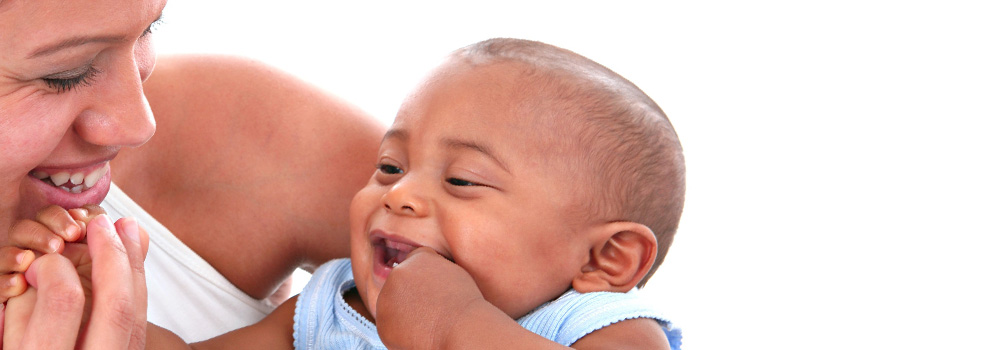Immunisations, also known as vaccinations are usually given by injection. Children in the UK are offered vaccinations against a variety of diseases as part of the Healthy Child Programme. You can get advice on the vaccinations from your GP, practice nurse or health visitor. A record is kept in the Parent Held Child Health Record (Red Book), which is a book you keep containing information on your child’s health.
Immunisations are mainly given during the first five years. It’s important to have vaccinations at the right age to keep the risk of disease as low as possible. Don’t hesitate to ask your health visitor or GP for advice - that’s what they are there for! Childhood immunisations are free and most are given at your GP’s surgery.
Some immunisations are given more than once to make sure the protection continues. This is known as a booster, so make sure your child gets it.
If you are pregnant, you will be offered the whooping cough vaccine at your GP’s surgery. The ideal time is 28 to 32 weeks of pregnancy so that your baby will be born protected against whooping cough infection. You will also be offered the inactivated flu vaccine to protect against flu.
Babies should have a dose of liquid paracetamol following meningococcal group B disease vaccination to reduce the risk of fever.


